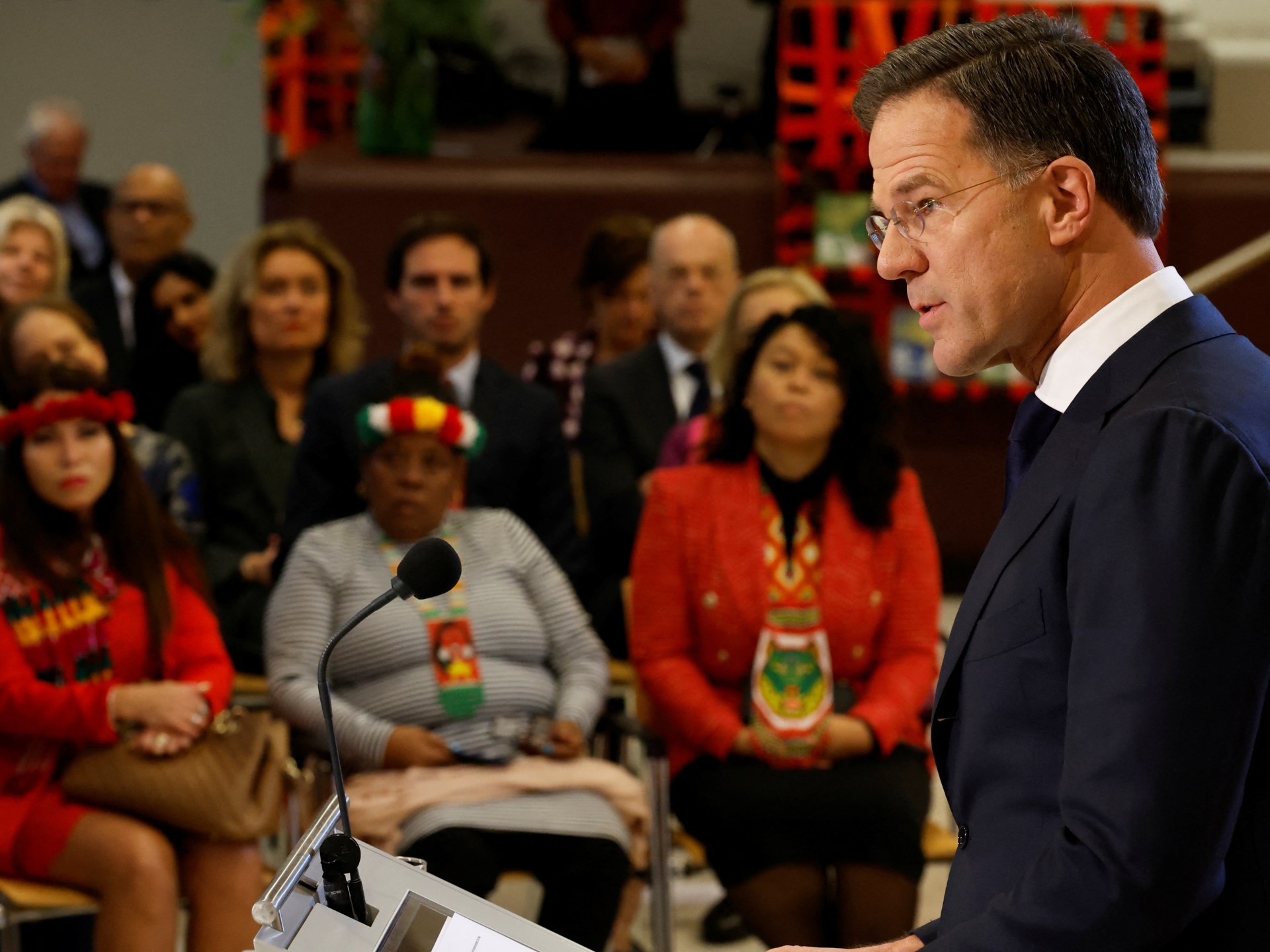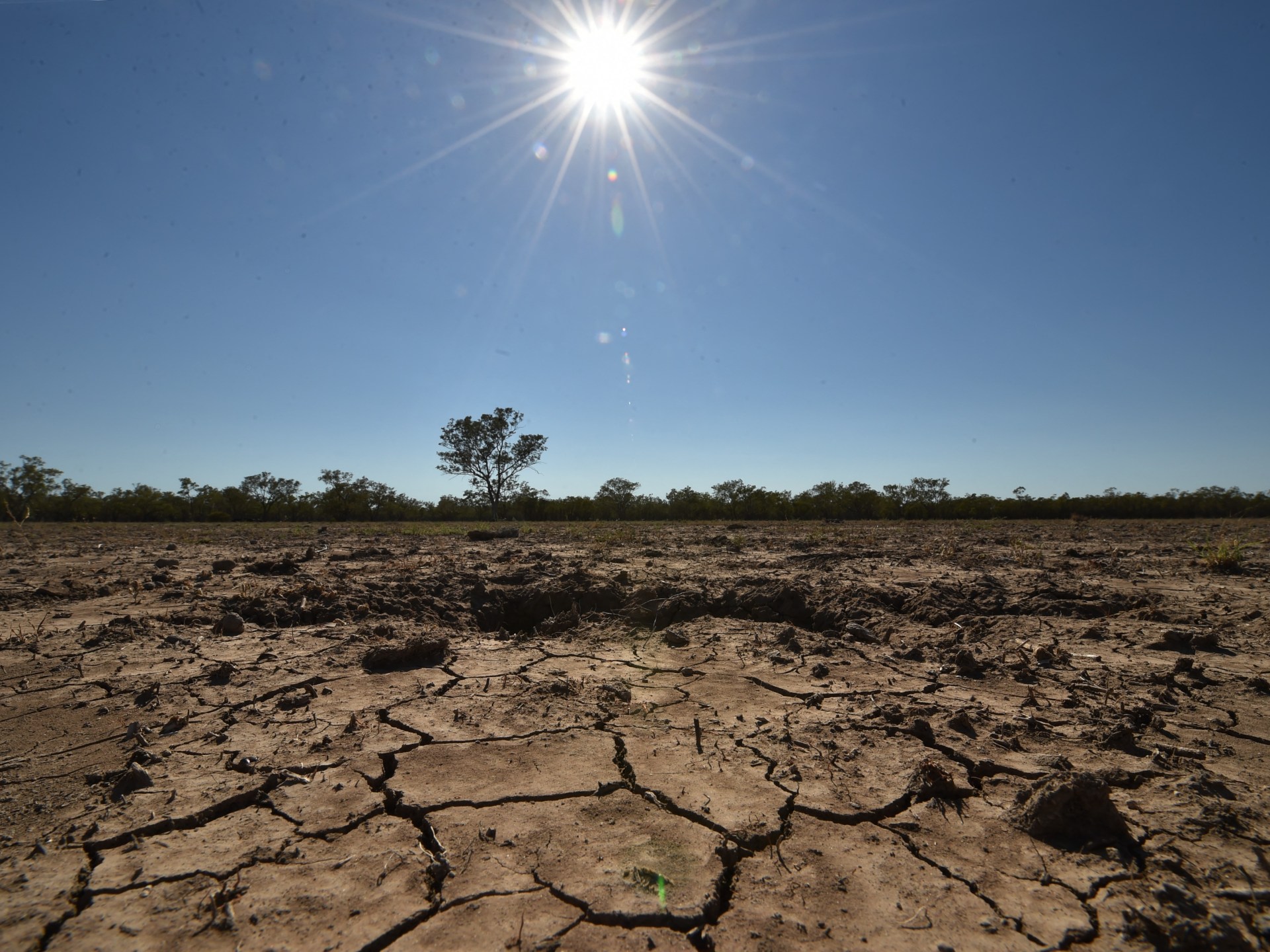Can an apology heal the harm left by slavery? | TV Shows
On Wednesday, December 21 at 19:30 GMT:
The Netherlands has formally apologised for the 250 years it used slave labour, exploiting more than 600,000 people of African and Asian descent in its former colonies.
“For centuries, the Dutch state and its representatives have enabled and stimulated slavery and have profited from it,” Prime Minister Mark Rutte said in a nationally televised speech on Monday.
“It is true that nobody alive today bears any personal guilt for slavery … [however] the Dutch state bears responsibility for the immense suffering that has been done to those that were enslaved and their descendants.”
In an effort to heal the wounds of the past, the government also plans to open a slavery museum and establish a fund to promote awareness about the Netherlands’ role in the slave trade.
The move comes at a time when more European institutions are attempting to reckon with the colonial past and their roles in the transatlantic slave trade. Since the spread of Black Lives Matter demonstrations in 2020, mayors of major Dutch cities including Amsterdam have apologised and acknowledged how their institutions have benefitted from slavery.
But critics are concerned that a formal apology will have little real-world impact and say the Dutch government’s plan is flawed because descendants of enslaved people have not been consulted in the process.
In this episode of The Stream, we’ll look at the issues and challenges surrounding formal apologies for slavery.
In this episode of The Stream, we speak with:
Linda Nooitmeer, @lindanooitmeer
Chair, Dutch Institute for the Study of Slavery (NiNsee)
Quinsy Gario, @quinsyg
Poet & artist
Almaz Teffera, @AlmazTeffera
Racism in Europe researcher, Human Rights Watch




